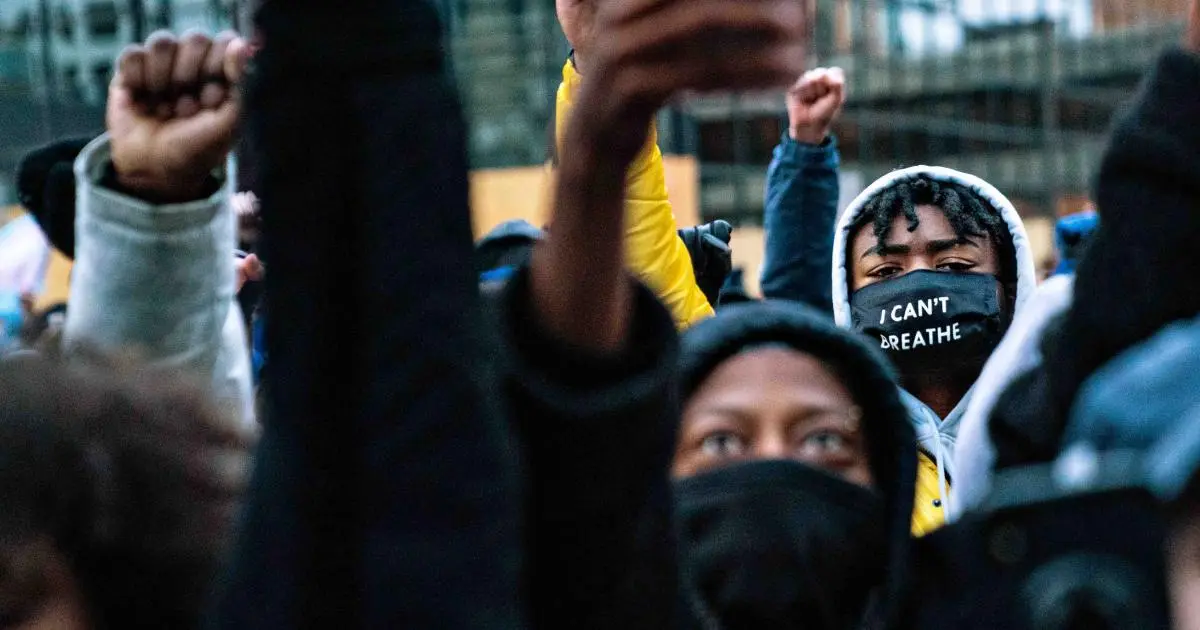Black Chicagoans Express Marginalization Amid Attention on Migrant Crisis
Migrants gathering outside shelters, such as the one depicted in Chicago, have become common in numerous major American cities. In response, city administrations have been scrambling to address the pressing needs of these individuals, including providing housing, healthcare, and other essential services. The rapid mobilization of funds for these efforts has sparked widespread attention and discussion.
Community leaders have raised concerns about the implications of current migration policies, arguing that local residents feel marginalized and overlooked. Reverend Chauncey D. Brown, a pastor at Second Baptist Church in Maywood, Illinois, a suburb of Chicago, expressed his dismay over the situation. He criticized the practice of transporting thousands of migrants to Democratic-led cities with African American mayors, particularly underserved communities. Brown highlighted the unfair burden placed on both the affected neighborhoods and the migrants themselves, who often find themselves abandoned in unfamiliar surroundings.
The influx of migrants into Chicago has compounded existing challenges faced by the city, including homelessness and high crime rates. Brown emphasized the frustration felt by long-standing residents who have endured years of neglect, only to see resources diverted to accommodate newcomers. The tension between established residents and the incoming migrant population has further strained community relations.
Chicago has seen over 38,000 migrants, primarily from South America, arrive in the city, prompting significant financial expenditure exceeding $300 million. However, after facing criticism and backlash, the city has started to scale back some of its accommodations for migrants. Initiatives such as evicting migrants who have exceeded a 60-day limit at shelters have drawn condemnation from immigrant rights groups and concerned residents alike, citing concerns about public safety and fairness.
Richard Wallace, a local community leader and Executive Director of Equity and Transformation in Chicago, believes that recent migrants are seeking better opportunities in the city. He emphasizes the importance of fostering racial solidarity to prevent competition and promote inclusivity, preserving the dream of a better life for all residents. Wallace’s perspective underscores the need for constructive dialogue and collaboration to address the complex challenges arising from migration and urban development.













